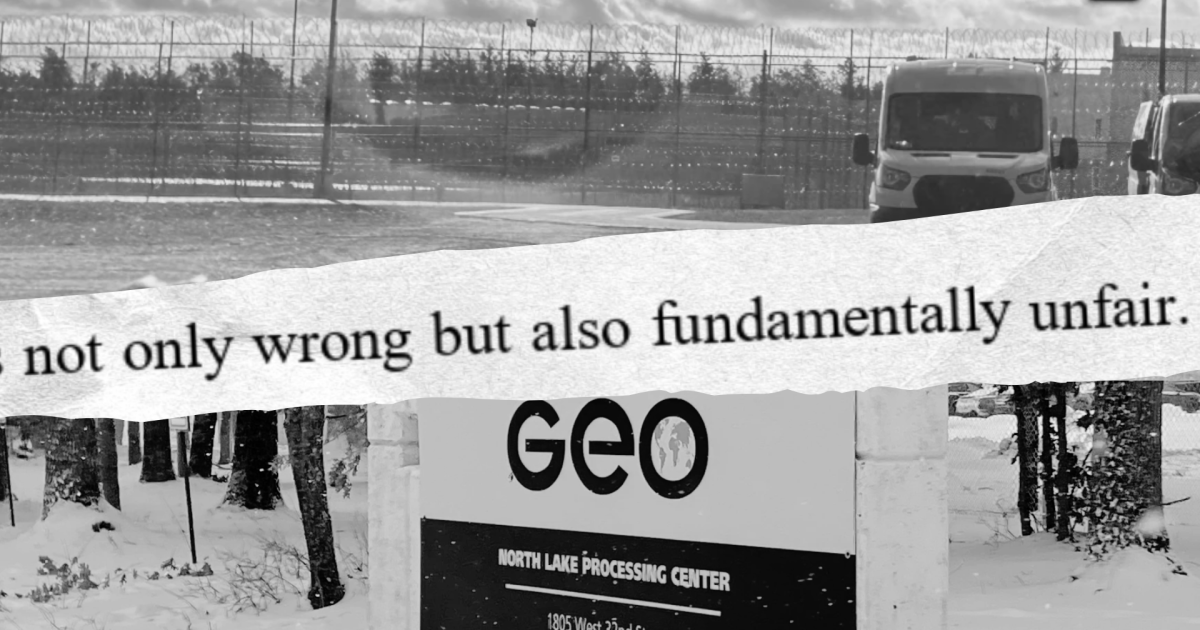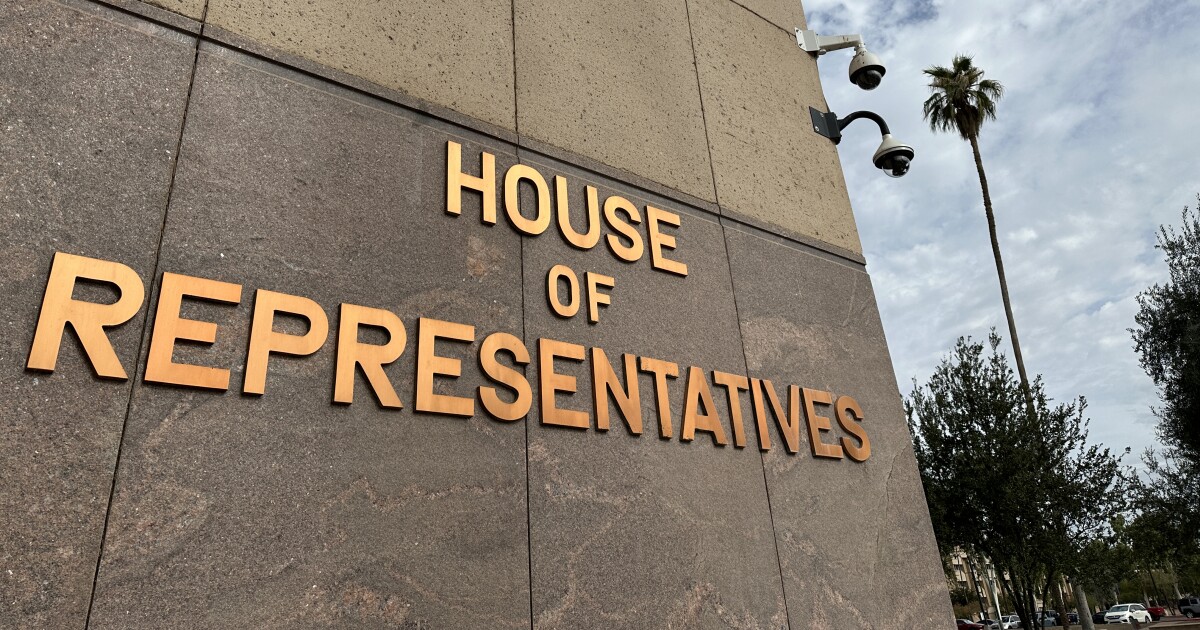In a surprising turn of events, Arizona’s Department of Corrections has been forced to reassess its procedures after the accidental premature release of inmate David Cramer, due to court document forgery allegedly orchestrated by his family. Yet, Cramer’s daughters maintain that their father’s release was entirely lawful.
The Arizona Department of Corrections, Rehabilitation & Reentry let Cramer go in June, mistakenly accepting fraudulent documents as authentic court orders from Maricopa County Superior Court. Haven McQueen, Cramer’s daughter, publicly admitted to utilizing these documents to facilitate her father’s release.
However, in August, authorities apprehended Cramer anew, having identified the documents as counterfeit. A Maricopa County judge officially deemed them fraudulent soon after.
In response, state entities, including Maricopa County court officials, the state prison system, and the Arizona Attorney General’s Office, are actively investigating the case.
Governor Katie Hobbs emphasized the state’s commitment to preventing similar occurrences. Efforts are underway to enhance communication between judicial bodies and the prison system, alongside implementing rigorous checks on release orders. Hobbs remarked, “We obviously are doing everything we can to ensure that this doesn’t happen again and figuring out where we need to plug gaps or whatever in the system so that it doesn’t happen again.”
The Department of Corrections has confirmed measures are being taken to rectify the issue, although specifics remain confidential due to the ongoing investigation. The department stated, “In the immediate term, the Department has enhanced its review and verification processes in areas relevant to this matter.” They are also maintaining close communication with judicial and criminal justice entities.
The State Bar of Arizona has filed a legal complaint against McQueen, her sister Paris Cramer, and other affiliates of Black Canyon Enterprises, accusing them of unauthorized legal practice and document forgery.
Family’s Defense
Following Cramer’s August arrest, his family has consistently refuted any wrongdoing.
Paris Cramer defended their actions in an email, asserting, “The documents in question are absolutely valid.” She identified herself as an “attorney-in-fact” for her father, a designation allowing representation without formal legal practice accreditation, according to Cornell Law School.
Paris Cramer claims adherence to legal procedures in filing documents, including those invalidated by Judge Sunita Cairo, which ordered the dismissal of charges against David Cramer. She explained that the Maricopa County Clerk’s Office authenticated and processed the documents, appending a page with signatures from judges to verify their legitimacy.
“That’s not fraud, that’s literally the process,” Paris Cramer argued. However, both the Clerk’s Office and Judge Cairo have rejected that filing through the clerk legitimized the orders.
Judge Cairo wrote, “Defendant David Cramer created and filed fake minute entries with the Clerk of the Court claiming that the Presiding Judge was ordering his release.” The Clerk’s Office had previously warned Black Canyon Enterprises in 2019 about submitting fake orders.
Understanding ‘Common Law’ Claims
The Cramers’ arguments seem to invoke “common law,” a concept with medieval origins, which has been co-opted by the modern sovereign citizen movement.
J.M. Berger, an extremism researcher, explains in a 2016 paper that sovereign citizens view “common law” as a system endorsed by the Constitution or divine mandate, superseding current U.S. laws.
Sovereign citizens believe the U.S. government replaced an original common law framework with today’s legal system, as discussed in a Penn State Law review article.
Christine Sarteschi, a Chatham University criminology professor, criticized this interpretation, stating, “They’re citing real legal ideas, but then misinterpreting them to benefit them in some kind of way.” She noted no court has validated such claims.
Paris Cramer, invoking Article III of the U.S. Constitution, asserted, “When we file in court, we are invoking that Article III authority.” The family cited John Darash’s writings, who leads the National Liberty Alliance, promoting the idea that “America is a common law Republic.” Despite the association with the sovereign citizen movement, Darash denies involvement.
Sarteschi warns that court systems, already under strain, may struggle to identify and manage filings from sovereign citizens. Courts often flag such documents as meritless, but the process can overwhelm legal systems.
—
Read More Arizona News










